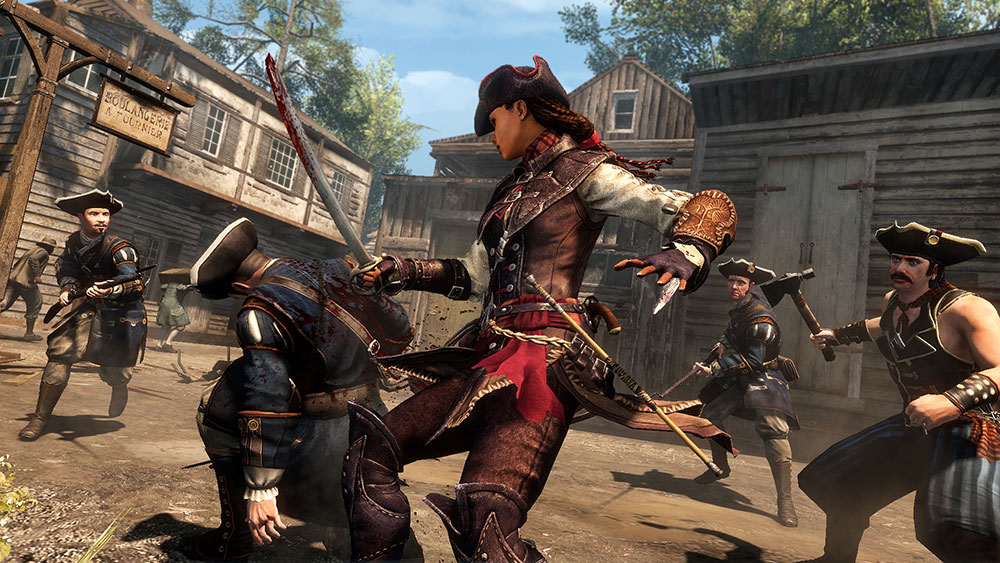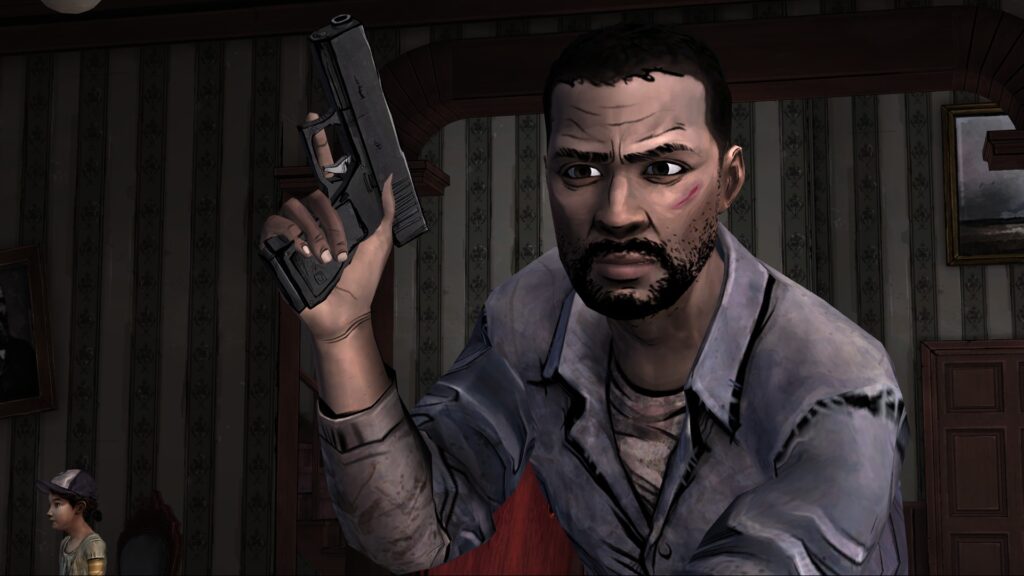There can be many ways to open up a new narrative towards the gaming community. Having a diverse multicultural cast can provide a fresher experience. If that can hold true for TV shows then that can also be the case for video games.
Now don’t get me wrong, I’m not saying color is important. Why does it matter anyway? Well, since we’re talking about diversity, ethnicity can open up different perspectives.
First, why does it matter anyway? Having different colors for the sake of it just seems like your adhering to please overly sensitive politically correct fanatics. That need not be the case. Other than just having a different color, diversity can allow for multicultural exploration. This can add more to the story and characters to make an even better quality of the cast.
Truth be told, diversity in video games doesn’t need to be a big deal. But it can offer a more refreshing perspective from time to time and can even extend narrative limitations.
Recently, it seems that the video game industry has been going down this route. This is a good thing as it allows them to explore and create more interesting characters. Take note that it shouldn’t just be ethnicity alone that make characters great. There are many more surfaces to cover in order to make a well crafted, interesting characters.
Furthermore, a well diverse group of characters can help attract more people into certain games. People really like it when there is someone from the cast they can easily identify with. It makes it easier to get them interested in trying out a certain type of game.
To talk more about how diversity can be used to make main characters interesting, it might be easier to provide some examples of characters with diverse backgrounds.
Connor Kenway (Assassin Creed 3)
People really seem to not like Connor, either claiming that he was too stoic and uninteresting or just plain boring at best. But I personally like him and don’t believe what others say about him at all. In fact, the more subtle parts of his personality are why I made him my favorite Assassin’s Creed character to date.
Having someone like Connor in a heavy time of racial spite and slavery made him an interesting character. As stated by the developers that he is half British, half Native American. As such, there was always a question to how much his own people accepted him and how people outside his tribe see him as nothing more than a savage. While this portrayal of him was never quite portrayed well in the actual game itself—the subject of how people treated him because of his ethnicity somewhat absent, the way he acted because of his cultural background and loyalty to his tribe was what kept me attached to him. Being raised inside his tribe made him understandably naive to the way the outside world works. It was really heartbreaking seeing what he had to go through the events of the game and the loss of his innocence as he is exposed to the reality at the time.
People can definitely disagree with me in the way I view Connor, but that’s my own personal opinion. The point is, the way his background is used opened up a different narrative to what we’re used to and can be used to explore something more.
Lee Everett (Telltale Games’ The Walking Dead)
Lee is more of an example of personal appearance than the actual background. Born in America, it can be said that he’s like your typical male lead protagonist. Most of the time when we see black leads in video gaming, they follow this really overused stereotype of either being this tough gangster wannabe or the comic relief who has habit of being subjected to slapstick. It’s nice seeing Lee as a refreshing break away from that. The way he can interact with people makes him feel more like an actual person than just a cardboard character with tropes thrown into him.
We can say that Lee can be an example of why color doesn’t quite matter. He can easily be played by any other race and things would most likely still be the same. It’s his character that makes him truly memorable.
There are many reasons as to why video gaming can benefit from having a diverse cast of characters to experiment with. I don’t think that it should focus towards forwarding any movement to promote “racial equality” or anything like that, but I do feel as though it would help make the narrative of video games more interesting to use and explore this aspect.








